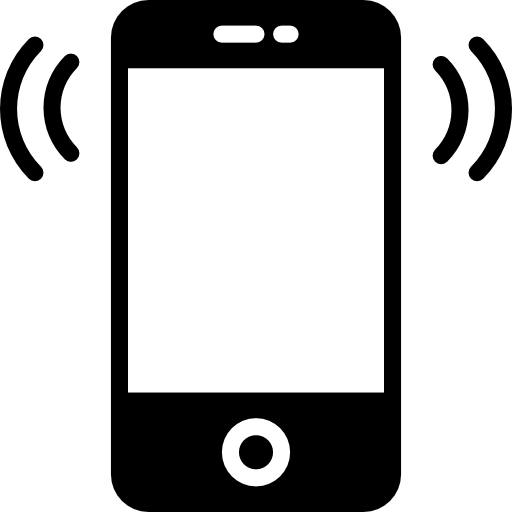Accessibilty Links
We use cookies to improve your experience on our website. By continuing to browse, you agree to our use of cookies.

Beware: Hackers are using coronavirus to lure their victims
Cybercriminals are aiming to take advantage of fears over the Coronavirus as a means of conducting phishing attacks and spreading malicious software (malware), along with stealing login credentials and credit card details.
While people across the globe are beginning to restrict their movements in the hope of flattening the curve of the spread of the Coronavirus, spammers and phishers are out in full force. They want to take advantage of the online demand for information about the pandemic.
We urge you to think very carefully before clicking on any link or attachment in any email purporting to be from the World Health Organisation (WHO) or a similar supposedly trusted source, claiming to contain information about a cure for Covid-19, new platforms for threat map information or offers that sound too good to be true. Chances are it will be a hacker preying on your understandable anxiety about the Coronavirus pandemic.
Just as you would avoid touching objects and surfaces that may not be clean, so you should also avoid opening emails and text messages from unknown parties or visiting untrusted websites.
Please take note of the following tips to avoid falling victim to these criminals:
• Do not click on links or icons in unsolicited emails or SMSs, and never reply to these emails or SMSs. Delete them immediately.
• Do not blindly accept the content of unsolicited emails or SMSs as being the truth. If you are concerned about what is being alleged in such emails or SMSs, please use your own reliable sources to confirm this information (e.g. legitimate company/government websites, telephonic verification with legitimate medical providers etc.). Should the confirmation of this not be possible, please delete the message immediately and do not forward on to others.
• Use trusted sources, such as government websites for up-to-date, fact-based information about Covid-19.
• Do not reveal personal or financial information in any email or SMS, and do not respond to email solicitations for this information.
• Regard urgent security alerts, offers or deals as warning signs of a hacking attempt.
• If an email makes you feel anxious, fearful, curious or sounds too good to be true, rather follow your gut feel, stop and verify before clicking on anything.




